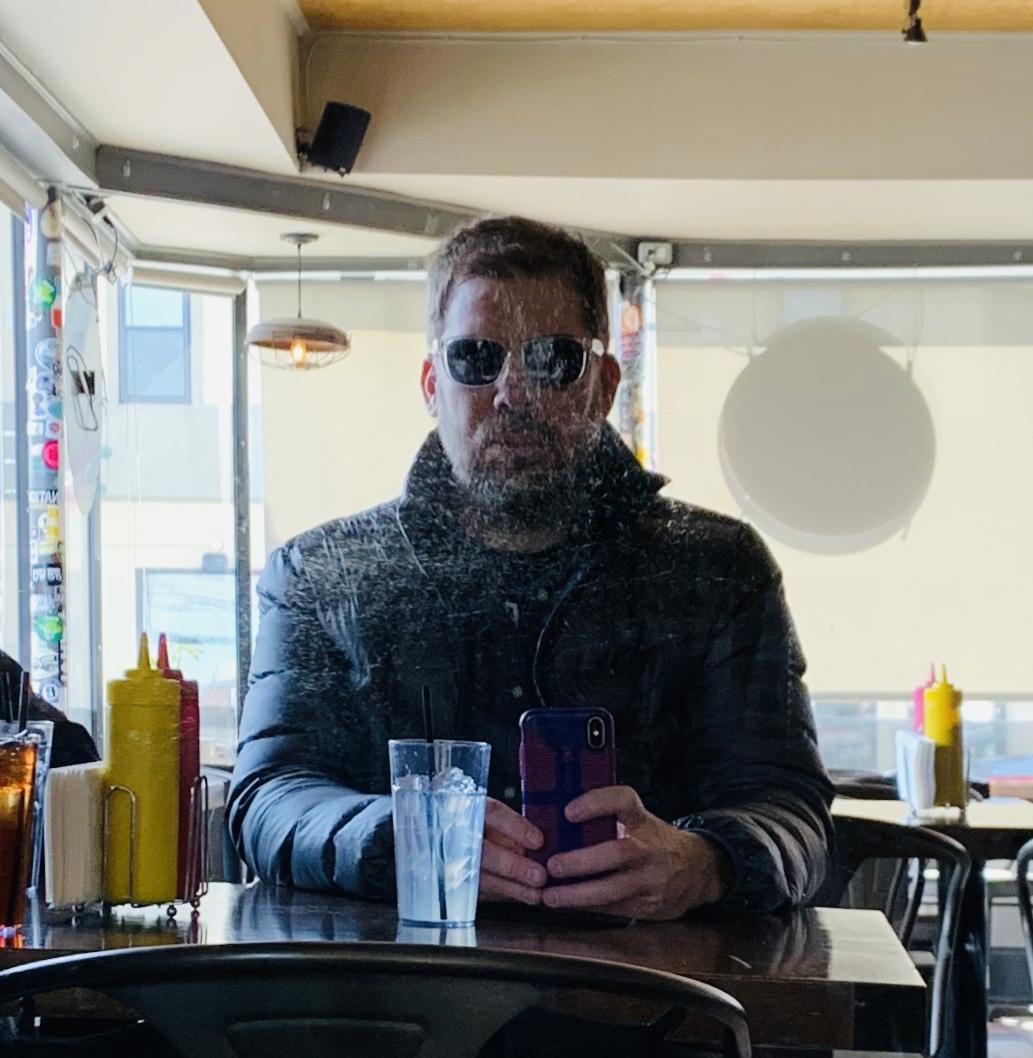Fugitive Spaces: Matthew Guterl on radical practices of history and citizenship

Interview by Henry Jacob, Yale 21'
Transcription by Meera Shoaib, Yale 22'
YHR: You noted that attending Stockton and Rutgers felt like a “fortune.” You also alluded to the strength of your undergraduate classes as well as the brilliance of your mentors in graduate school. What classes throughout your schooling have stuck with you most?
MG: I would say two in particular at Rutgers. Those experiences were vivid then, and they remain so now. Deborah taught the first and David the second.
Deborah had what I have since come to see as a very lovely teaching style. But it was hard to realize that as a student: she tore papers to pieces. When you were done with them — even when you’d think you'd written something beautiful and brilliant — she dismantled it brick by brick. That being said, you still got an A in the class, and in your annual reviews she still said the most amazing things about you as a student. I continue to think of hers as a model practice. As a pedagogue, I am as critical as the situation needs but never let it be personal. In fact, deep criticism is inherently constructive when it’s impersonal.
David taught an extremely difficult, yearlong seminar in African American intellectual and cultural history. Eight students started the class but only four finished. The four that finished would be Khalil Muhammad, Jelani Cobb, John Aveni, and myself. David expected that we would read four or five books a week, but none of them were at the bookstore. Early on, Jelani, Khalil, and I developed a book buying network. Jelani was uptown, Khalil was in New Jersey, and I was in Queens. We scoured the local bookstores for used copies of Cronon’s biography of Marcus Garvey, for example. After getting the book, we would hustle to read it and get it to somebody else. Whether he intended to or not, David fostered a commitment to collaboration and friendship. We all learned to work together in that class by sharing the labor of finding what we needed. Remember, this was before Jstor, let alone Amazon!
YHR: I recognize the pleasure of selecting and obtaining a book. I relied on used book vendors to get my summer reading after my first year at Yale. Every weekend, I spent hours poring over recommendation lists online before choosing my next batch. I wanted to have my own copies because I encountered many of these classic Latin American authors for the first time. I divided up my research and my literature in two separate stacks, one came from Yale Library and the second from another person’s bookshelf.
Because I could buy these novels for $1 or $2, I got a lot of them. Even though I loved looking at other’s traces in the pages, I stopped getting these second-hand books. They cost $1 for a reason; they were dusty and smelled terrible so my mom said I couldn’t have them anymore. I still remember the joy of seeing one of those cardboard boxes waiting for me on the front stoop.
MG: For me, it was going into these unusual bookstores to get them. Back in the 90s, there were still little bookstores full of used copies in New York. These stores were archives of possibility. All sorts of people came into them, sparking various interesting conversations. The books that you picked up often contained somebody else's thoughts in the marginalia. In a weird way, we entered into these fugitive spaces. We picked up another’s vital text when they had set it aside, then shared it among ourselves. We were in collaboration with a larger group of readers and thinkers...
